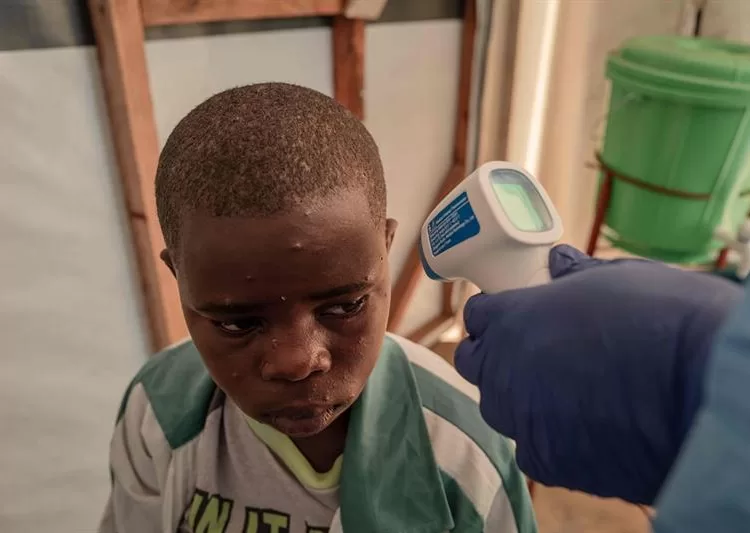GENEVA – World Health Organization (WHO) spokeswoman Margaret Harris warned against the risk of the surge of mpox worldwide, especially Africa.
However, the pandemic will not lead to an international lockdown, she added.
In statements to Al Qahera News channel on Saturday, she said the WHO declared an international emergency over mpox on August 14.
She referred to , concerned by the surge in cases of the Clade 1b strain in the Democratic Republic of Congo and its spread to nearby countries.
Harris emphasized African countries are cooperating with WHO to stop the spread of the pandemic and boost capabilities of tests, treatment and vaccinations.
She noted there is a real shortage of vaccine supplies, which are not the only way to prevent infections, but there are other ways as well.
In a related development, the WHO is set to commence a critical polio vaccination campaign in Gaza after Israel agreed to implement a ceasefire in selected areas of the besieged enclave.
While falling short of a full ceasefire, these pauses in hostilities will allow WHO teams to begin administering the vaccine to over 640,000 children under the age of five, with the goal of curbing the re-emergence of polio in the territory.
WHO had initially sought a full ceasefire to ensure the safety of health workers and children during the vaccination campaign.
Harris acknowledged that the arrangement is less than ideal but described it as the “best workable solution” under the circumstances.
“It’s not perfect … but it’s the best workable solution we have at the moment,” Harris said, highlighting the urgency of vaccinating Gaza’s children amid the ongoing war.
She emphasized the importance of Israeli forces upholding their commitment to guarantee the safety of those participating in the campaign, which will focus on central, southern, and northern areas of Gaza.
The WHO has already delivered 1.2 million doses of the polio vaccine to Gaza ahead of the campaign, scheduled to start on September 1. An additional 400,000 doses are expected to arrive shortly.
Despite these efforts, Harris indicated that the initial three-day campaign may not be sufficient to cover all targeted children, and discussions are underway with Israeli authorities to extend the campaign by at least one day.






Discussion about this post